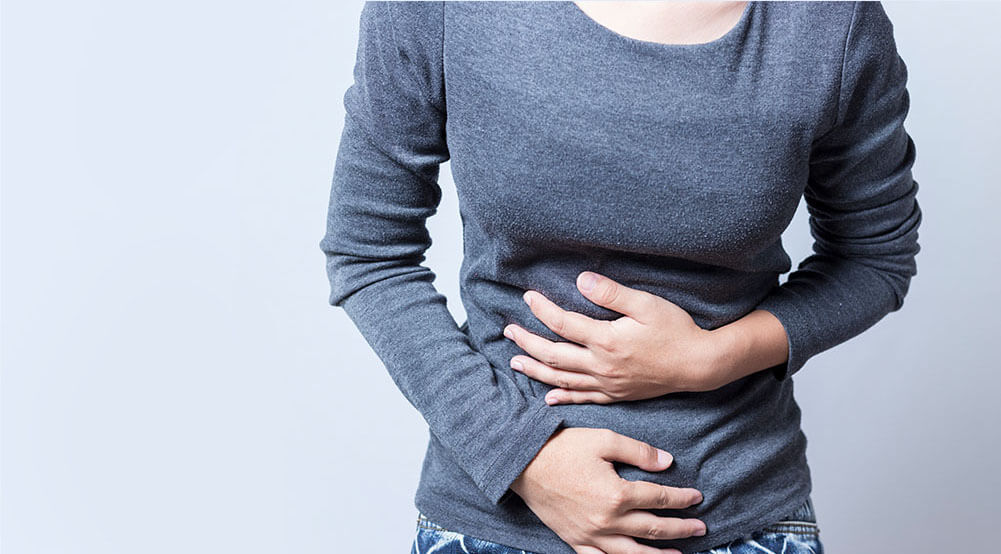By: Arisha Irshad Ali
Period poverty is defined as a lack of access to menstrual products, hygiene facilities, waste management, and education. Periods do not stop for pandemics and 800 million people menstruate daily. Pandemic measures like quarantine and social distancing lead to loneliness. Period poverty, too, leads to loneliness. That makes it a double-edged sword and makes addressing period poverty a matter of urgency. Period poverty causes physical. Mental and emotional challenges. The stigma that shrouds periods further prevents individuals from talking about it. The Global Menstrual Collective defines menstrual health as a state of complete physical. mental and social well-being and not merely the absence of infirmity in relation to the menstrual cycle. If half of the world is comprised of women and more than half of university students are female, menstrual issues can and should no longer be ignored. The dynamics of Pakistan are worse because the taboo attached to the periods is ubiquitous. People here are not emotionally weak they are emotionally mean. They thought that menstruating women are dirty because she is bleeding. They weren’t allowed to enter their kitchen because they were menstruating.
The stigma surrounding menstruation can be eliminated through education. Even in this modern era, there are girls who reach puberty without prior knowledge of periods. Creating awareness is crucial to breaking the taboo associated with menstruation. It’s a natural cycle that every woman experiences.
Menstrual hygiene is another essential aspect that our youth should be educated about. Considering the economic situation in Pakistan, pads are often expensive and unaffordable for many. However, there are alternative options available. Girls can use washed cloth as a substitute for pads, which should be changed every four hours. Maintaining hygiene is vital to prevent infections, particularly Urinary Tract Infections. Neglecting vaginal hygiene can lead to various infections.
According to the WHO/UNICEF Joint Monitoring Programme 2012, menstrual hygiene management refers to:
“Women and adolescent girls are using a clean menstrual management material to absorb or collect menstrual blood, that can be changed in privacy as often as necessary, using soap and water for washing the body as required, and having access to safe and convenient facilities to dispose of used menstrual management materials. They understand the basic facts linked to the menstrual cycle and how to manage it with dignity and without discomfort or fear.”
In Pakistan, we must take care of our women by providing them with the cheapest menstruating product. This will not only help them to have a good life but also make them confident in every parameter. Women’s health is important and must be admired in every possible way.
The writer is a freelance columnist. She can be reached at arishamohbani786@gmail.com

